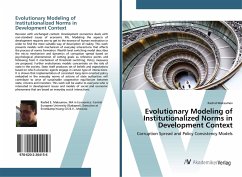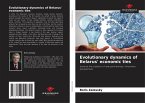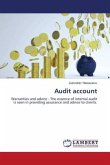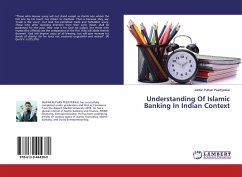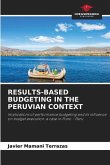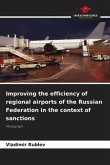Revision with unchanged content. Development economics deals with non-standard issues of economic life. Modeling the aspects of development requires one to get to the essence of human motivation in order to find the most suitable way of description of reality. This work presents models with mechanism of everyday interactions that affects the process of norms formation. Wealth level switching model describes the micro mechanism and dynamics of corruption spread based on psychological phenomenon of setting goals as reference points and following from it mechanism of threshold switching. Policy measures are proposed. Further evolutionary models concentrate on the role of state in the society. State itself produces set of beliefs and expectations based on which economic agents engage in certain type of interactions. It is shown that implementation of consistent long-term oriented policy embodied in the everyday norms of actions of state authorities will contribute to arise of sustainable cooperative equilibrium between state, citizens and investors. This work will be useful to everyone who is interested in development issues and models of social and economic phenomena that are based on everyday social interactions.
Bitte wählen Sie Ihr Anliegen aus.
Rechnungen
Retourenschein anfordern
Bestellstatus
Storno

